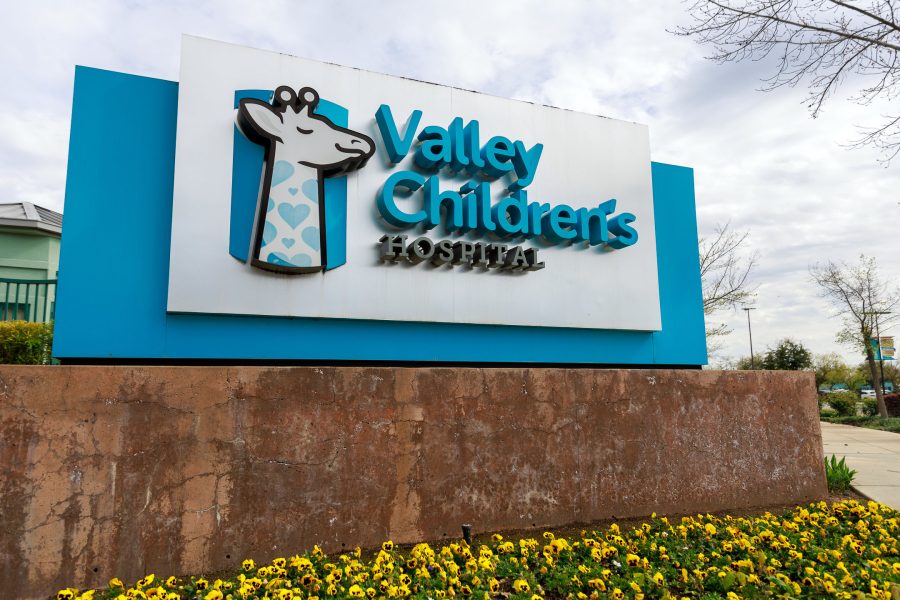Valley Children’s Healthcare has officially bagged a donation worth 15 million, a donation which will empower the hospital to provide the most advanced bone marrow transplant and chimeric antigen receptor (CAR) T-cell therapy treatments to kids with cancer in the Central Valley. According to certain reports, the donation in question happens to be one of the largest single donations across more than 70 years of Valley Children’s Healthcare’s existence. Owing to that, it can be expected to support not only the establishment and accreditation of the program but also operational funding for its first 10 years. To understand the significance of such a development, we must acknowledge how autologous bone marrow transplants have long been used to treat certain forms of cancer in children, a process which involves replacing diseased bone marrow cells with the patient’s healthy marrow cells from their own body. After nearly 50 years of working alongside this treatment archetype albeit few upgrades here and there, we saw a major advancement when chimeric antigen receptor (CAR) T-Cell treatment was approved for advanced B-cell acute lymphoblastic leukemia. Since the approval, more than 2,000 children have received CAR T-cell therapy, and going by the available details, an estimated 60% of them became cancer free in 5 years’ time and are now living a normal life.
“These therapies are some of the most powerful weapons we have in our cancer-fighting arsenal, but they also require a combination of medical expertise and specialized equipment to deliver effectively,” said Dr. Vinod Balasa, medical director of Valley Children’s Cancer and Blood Disorders Center. “With this amazing donation, Valley Children’s joins the ranks of the top children’s hospitals in the nation that can offer these therapies, as well as be among the first to have access to future advances. This is a life-saving advancement for our patients.”
Talk about CAR T-cell therapy on a slightly deeper level, it is an advanced genetically engineered treatment which uses the body’s natural immune system to fight cancer and infections. In practice, the method genetically modifies a patient’s own disease-fighting T-cells with additional receptors or proteins that allow the T-cells, on their part, to “recognize” infected or cancerous cells and destroy them. Having discussed the treatment, we now must touch upon what makes Valley Children’s Healthcare an ideal player for optimizing the given solution’s potential. The answer to that basically resides in the fact that Valley Children’s Cancer and Blood Disorders Center is consistently among the top 5-8% percent institutions worldwide in patient enrollment to the Children’s Oncology Group (COG), making it the world’s largest organization devoted towards childhood cancer research. The institution’s access of COG also enables it to leverage more than 90 protocols in the context of treating patients with the most common to some of the rarest pediatric cancers. However, despite that, the hospital’s economical limitations have so far forced it to send patients to Los Angeles or the Bay Area for cell therapies, including bone marrow transplants and CAR T-cell treatments.
“This gift will bring transformational cancer therapies directly to the children whose families look to us to provide them with the best care in the country,” said Todd Suntrapak, president and CEO of Valley Children’s Healthcare. “Children who need these advanced therapies will no longer have to travel long distances and spend extended days away from home to get treatment and will be able to receive life-saving therapies in a familiar setting, with their families close by.”






